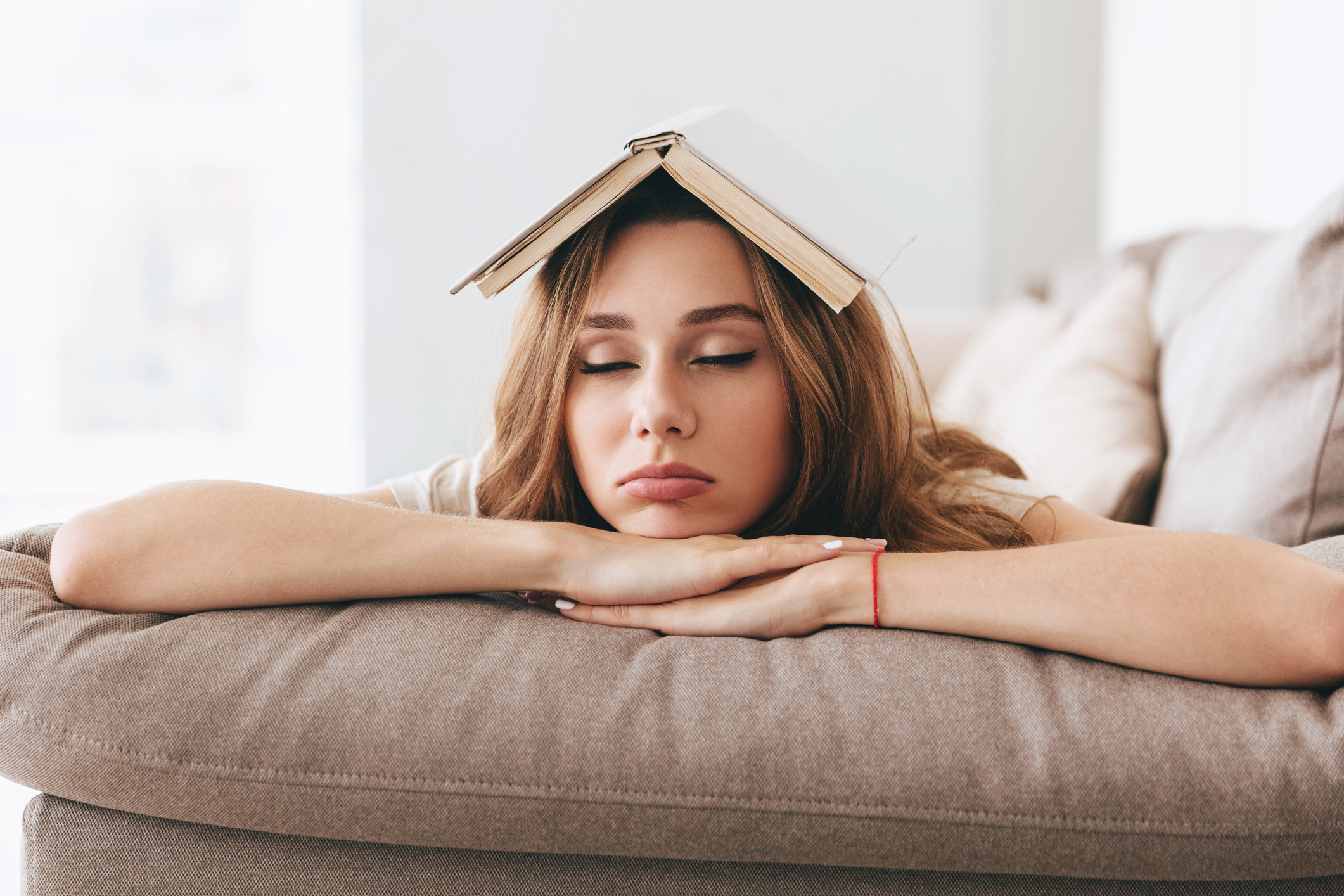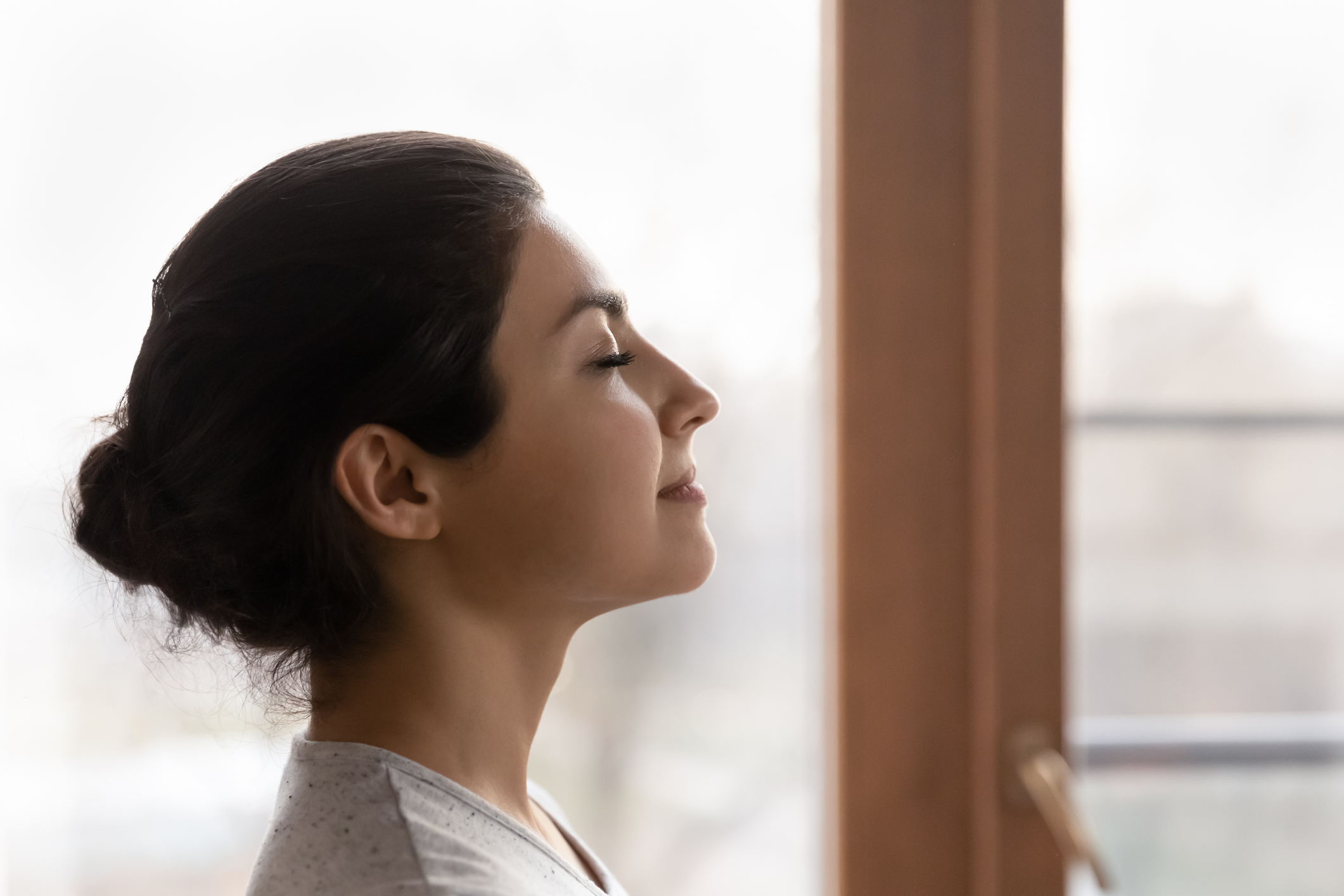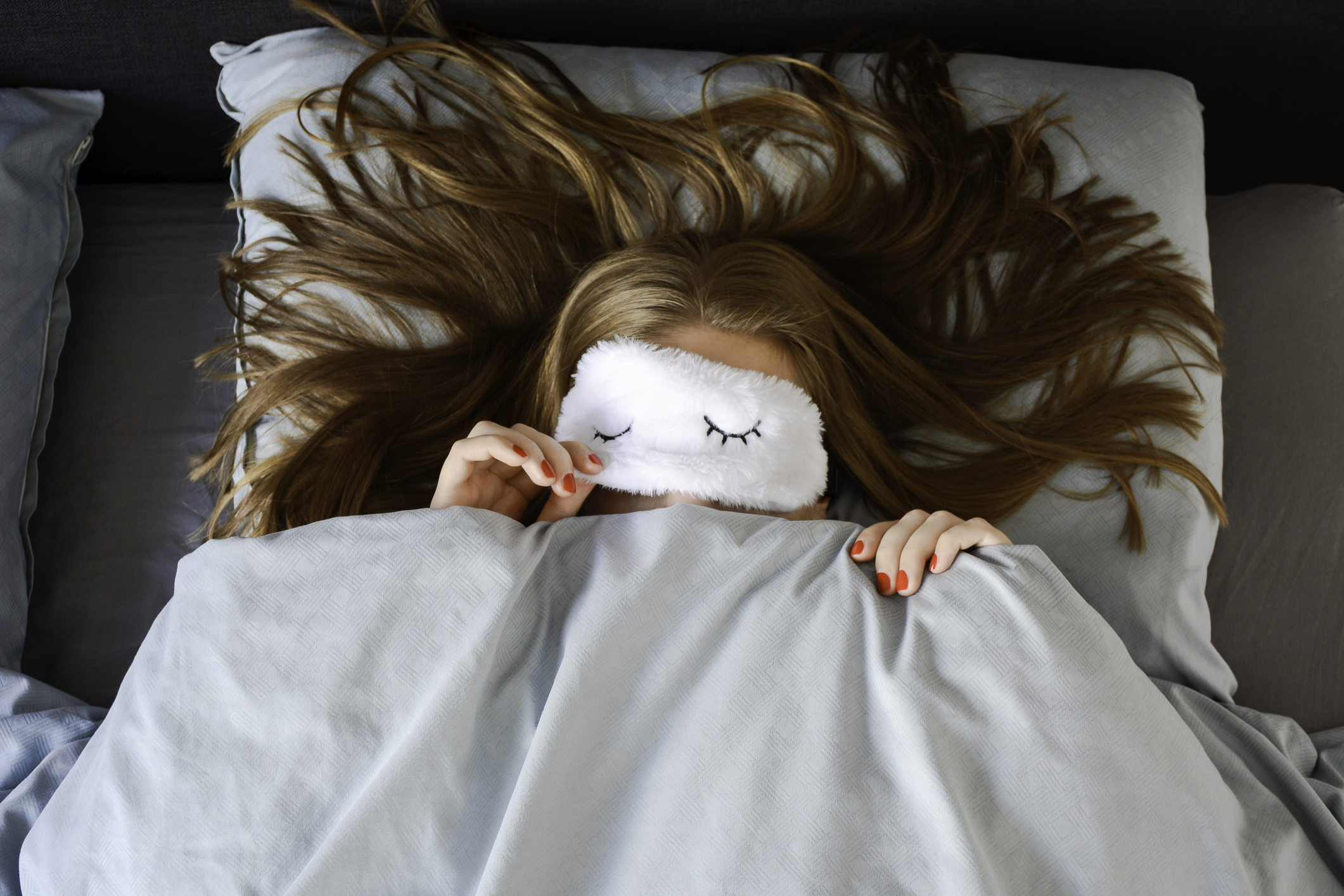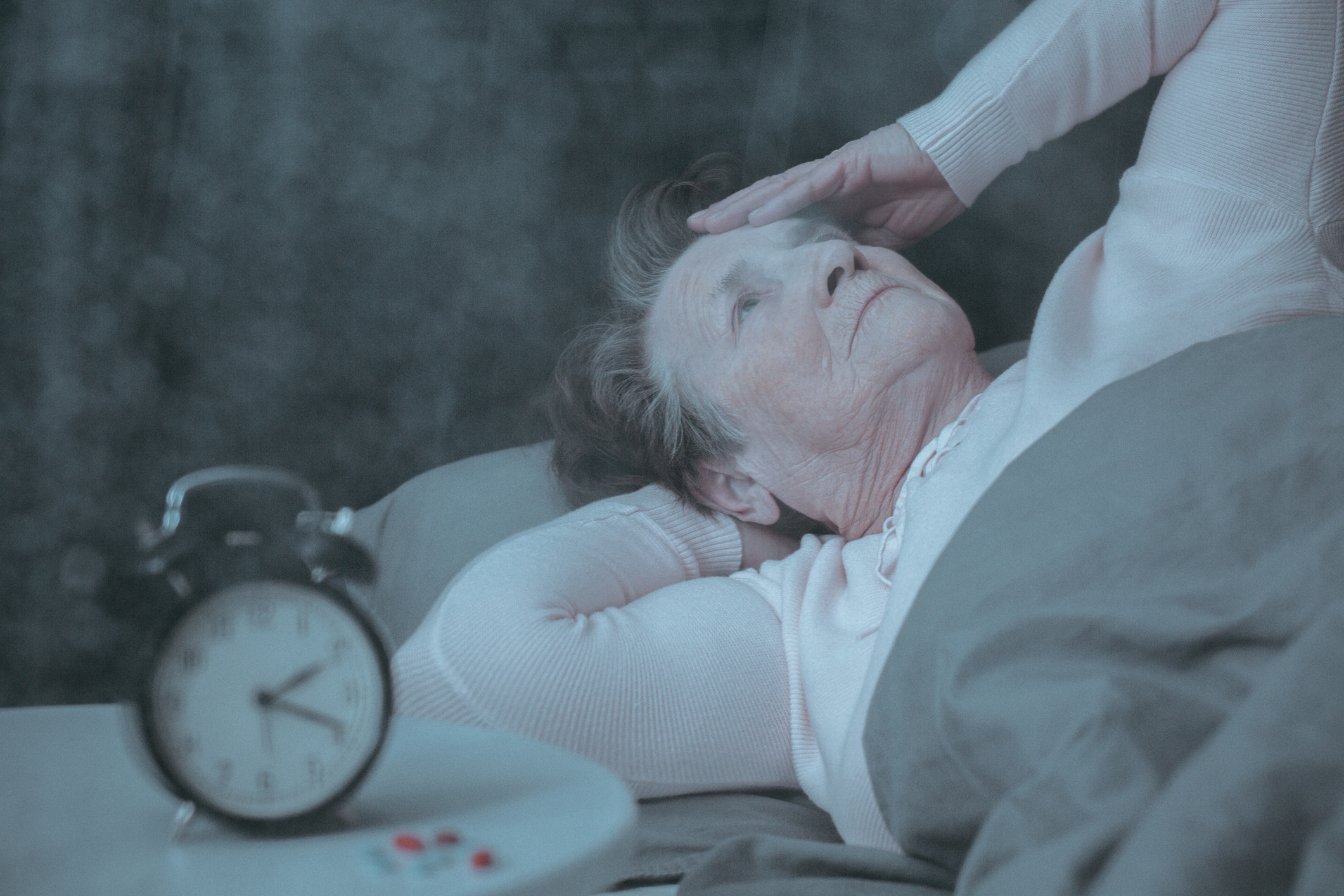Mastering the Mystery of Rest: Five Proven Strategies to Improve Your Sleep Hygiene and Boost Wellness
In today's fast-paced world, good sleep is often sacrificed at the altar of productivity. Greater understanding in the field of sleep science has underscored the inherent value of sleep and how it acts as a silent force propelling overall well-being. The first step to master your rest is by creating a sleep sanctuary. A bedroom must be designed to promote restful sleep. According to the National Sleep Foundation, a cool, dark, and quiet environment helps most people sleep better.
Consider investing in blackout curtains to block external light and noise-cancelling devices to nullify disturbing sounds. Cleanliness and comfortable bedding also play significant roles. Research at the Sleep Disorders Center at the University of Michigan underline that a clean, allergen-free bed can drastically improve sleep quality. Picking breathable, crisp sheets and an appropriate mattress can go a long way in ensuring sound sleep and improving sleep hygiene.
Establishing a Consistent Sleep Routine

Human bodies are naturally tuned to the circadian rhythms or biological clock, which essentially dictate our sleep-wake cycles. The National Institute of General Medical Sciences states that aligning our daily regimen according to this internal clock can optimize both sleep and wakeful hours.
Creating a consistent sleep and wake-up time, even on weekends, maintains this rhythm. Ideally, one should avoid napping, but if you're particularly tired, restrict nap times to 20 minutes in the early afternoon. Research by Dr. Matthew Walker, a professor of neuroscience at the University of California Berkeley, suggests consistency in sleep schedule can improve focus, mood, and overall wellness.
Mindful Eating and Drinking

The timing and quality of meals have a direct link to sleep quality. The Sleep Research Society has demonstrated that a large meal close to bedtime can interfere with the body's natural wind-down process. Similarly, caffeine and alcohol can disrupt sleep patterns.
Opt for a light dinner a few hours before bedtime and limit alcohol and caffeine intake in the evening. Incorporate food rich in tryptophan such as milk, bananas, and turkey which stimulate serotonin, a sleep-inducing hormone. Quality research by the American Nutrition Association has shown mindful dietary habits to contribute to more restful sleep.
Integrating Relaxation Techniques

According to the American Psychological Association, stress and anxiety are common sleep stealers. It can be beneficial to incorporate relaxation techniques into your routine. Practices such as meditation, progressive muscle relaxation, and deep breathing help calm the mind, aiding faster sleep onset.
The Sleep Foundation and Mayo Clinic recommend yoga and other forms of light exercises in the evening can help dissipate the day's stress and prepare the body for sleep. A systematic review by Harvard Medical School has found that these techniques not only promote better sleep but also improve daytime alertness and performance.
Limiting Light Exposure and Embracing Darkness

Exposure to natural light during the day and limiting artificial light at night plays a crucial part in regulating sleep and wakefulness. The American Academy of Sleep Medicine notes that exposure to natural sunlight can help maintain a healthy sleep-wake cycle.
In the evening, limit exposure to screens, as the blue light emitted can interfere with your body's production of melatonin, the sleep hormone. If required, use night-mode settings on gadgets. A study by the Lighting Research Center at Rensselaer Polytechnic Institute underscores the importance of limiting blue light exposure near bedtime.
Seeking Professional Help if Required

Despite adhering to the aforementioned strategies, if sleep continues to elude you, it might be time to seek professional help. A sleep specialist will conduct an examination and may ask you to maintain a sleep diary. Sometimes, therapy such as Cognitive Behavioral Therapy for Insomnia (CBT-I) might be suggested.
According to the American Academy of Sleep Medicine, CBT-I is a safe and effective way to treat chronic sleep problems. Other treatment methods, like medicated sleep aids, are prescribed only if necessary. Regular follow-ups and persistent efforts can gradually improve sleep hygiene and boost overall well-being.
Remember, a well-rested body is a well-equipped body, ready to face another day and the challenges it brings. Invest in adequate sleep and enrich your life.